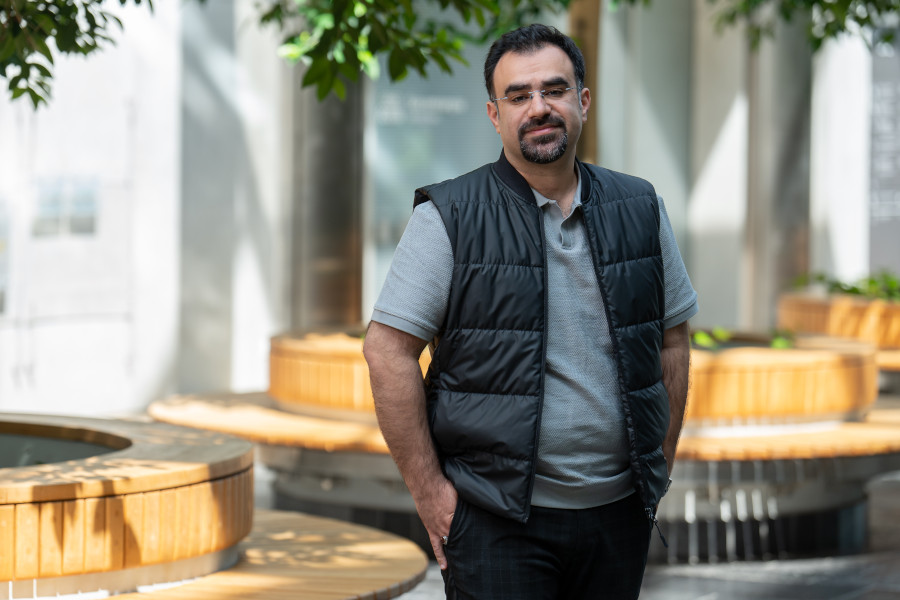Dr. Emad Rezaei Fard Boosari received his PhD from Urmia University (Urmia, Iran) in 2018. He obtained his PhD from the Faculty of Science, where he worked on quantum annealing devices in order to solve computational tasks like pattern recognition problems. Dr. Boosari’s area of expertise lies in quantum computing and quantum programming, which he leverages for the purpose of designing advanced quantum algorithms and optimizing problem-solving approaches.
Dr. Boosari’s research interests lie in the intersection of quantum computation and machine learning. Within the field of quantum computing, he has expertise in both analog and digital quantum computation, utilizing quantum features to solve computational problems. In addition, he works on combinatorial optimization problems (COPs) and deep learning using cloud-based digital quantum computers for quantum machine learning.
During his post-doctoral appointment from 2020 to 2023, Dr. Boosari conducted research at Koc University in Turkey, where he focused on the physical aspects of the stochastic gradient descent technique in deep learning with Alkan Kabakçioglu’s group. In addition, he collaborated with the Quantum Enabling System Technologies (QuEST) Group and Professor Özgür Esat Müstecaplioglu on the parity architecture of the COPs using NISQ devices.
Currently, Dr. Boosari holds the position of post-doctoral scientist at the “QCAT” group led by Dr. Hab. Magdalena Stobińska at the University of Warsaw. His research centers on discrete quantum transformations and their applications using quantum optic technologies.




